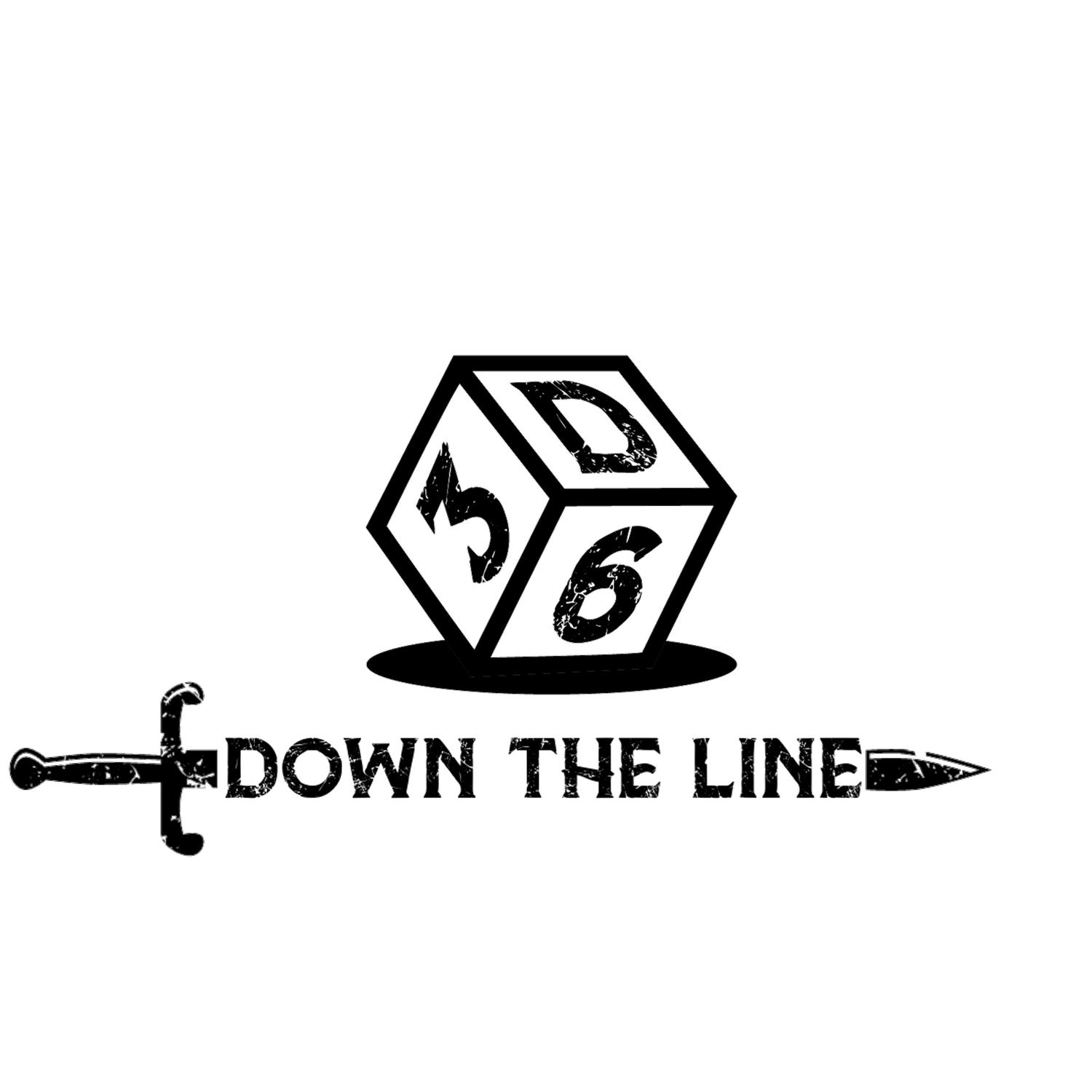HOUSE RULES
Our Return to Dolmenwood campaign is played using the Dolmenwood RPG rules, by Necrotic Gnome. These rules are very similar to the Basic and Expert rules of Dungeons & Dragons, from 1981.
In the classic old-school spirit, we have tweaked and adjusted some rules to accommodate our playstyle. You can peruse our changes by using the drop-down lists here.
Our house rules evolve as we play; be warned that you may see different rules applied if you are watching earlier sessions of our campaigns!
Please try them out in your own game, and let us know how they worked for you!
-
Roll 3d6 down the line, twice. If desired, adjust scores according to the rules in Steps 1 and 4 of character generation on p.18 of the Dolmenwood Players Book (DPB). Decide which of the two sets will be your primary (starting) character, and which will be secondary.
-
Breggle
-
Enchanter
-
A first level character starts with a minimum hit point total equal to the average starting hit point roll (3, 4, or 5).
-
Leveling up occurs as soon as the XP threshold is met; there is no need to rest. Skipping levels is allowed if the amount of awarded XP merits it.
-
A Thief who successfully Backstabs deals 12 + STR mod flat damage.
-
A Shield grants a +1 bonus to AC, and can absorb the damage from a single blow, but then is rendered useless. Magic shields can absorb a number of blows equal to their enchantment bonus.
A Helmet does not provide a bonus to AC. It can absorb the damage from a single critical hit, but then is rendered useless. It also imposes a -1 penalty to Surprise.
-
Simple spell books (one book holds all spells).
Magicians can add new spells of their choice to their spellbook when new spell slots become available to them, but only after training with a mentor or performing research.
It takes one day per spell rank per spell to learn spells in this manner.
Transcribing spells from a spellbook or scroll to another spellbook requires proper tools, and takes one uninterrupted hour per spell rank per spell. There is no chance of failure, unless the transcription process is interrupted, in which case it automatically fails. Further attempts can be made without restriction.
Ritual Casting: Magicians may cast spells from their own spellbook beyond their slot capacity (but not beyond their level limit) if they spend one uninterrupted turn per spell rank (e.g. a Rank 3 spell takes three turns to cast).
Scrolls of a higher rank than the caster’s capability can be cast by any appropriate class of any class level, but they cannot be copied into spellbooks. This prevents scroll-hoarding and simultaneously encourages their use as “one-and-done” power boosts.
Magical Research
Creating New Spells: It requires one uninterrupted day per spell rank per spell to properly research a new spell, with the assumption that proper tools are at hand. Research costs 1000 gp per spell rank per spell. There is no chance of failure, unless the research is interrupted, in which case it automatically fails. Further attempts can be made without restriction. These rules apply to both arcane and holy spells.
Creating Magic Items: Use the rules detailed on p.115 of the Old-school Essentials Advanced Fantasy Player’s Tome. All casters can attempt to create items at any level.
Praying at Shrines: Non-spellcasters may receive the benefits of praying at shrines, as per the optional rule on p.22 of the Dolmenwood Campaign Book (DCB).
-
Additional XP will be rewarded by completing Feats of Exploration. Make a copy of my automated tracking sheet, or purchase a print and/or pdf copy here!
The procedure: Total the sum of how much XP all PCs need to advance from the start of the level at which they are currently to the next level. That number is constant until a PC gains a level. When a PC achieves a feat, the entire party is awarded the percentage listed of that total. Divide that number by the number of players present during the session to arrive at the per-PC share.
Rumor: Confirm a rumor’s veracity - Minor 2%
Quest: Complete a quest - Major 5%, Extraordinary 10%
Settlement: Enter and rest in one of the 16 settlements - Major 5%
Dolmen: Discover and interact with a summer or nodal stone - Major 5%
Hex: Enter an unexplored hex for the first time - Minor 2%
Trap: Overcome a trap - Minor 2%, Major 5%
Puzzle: Solve a puzzle - Minor 2%, Major 5%
Secret: Find a secret or interpret hidden lore - Minor 2%
Faction: Manipulating or crippling a faction to your benefit - Major 5%, Extraordinary 10%
NPC: Interact beneficially with an important NPC when stakes are at play - Major 5%
Lore: Apply in-world lore in a useful or flavorful manner - Minor 2%
Shrine: Find and restore a lost shrine - Major 5%
Explore: Discover and interact with all features of a single hex - Major 5%, Extraordinary 10%
Skills: Use equipment or abilities in an unorthodox yet useful manner - Minor 2%, Major 5%
Hazards: Surmount an environmental obstacle or hazard - Minor 2%, Major 5%
-
PCs may Carouse or Practice Philanthropy in a settlement in order to gain bonus XP. My rules are based primarily on Jeff Reints’s original rules, with inspiration from many other carousing tables and rules I’ve found online.
-
Retainers are bound to the party, not individual PCs. The maximum number of retainers that can be employed by a party is 4 + the highest CHA mod among the party’s PCs.
